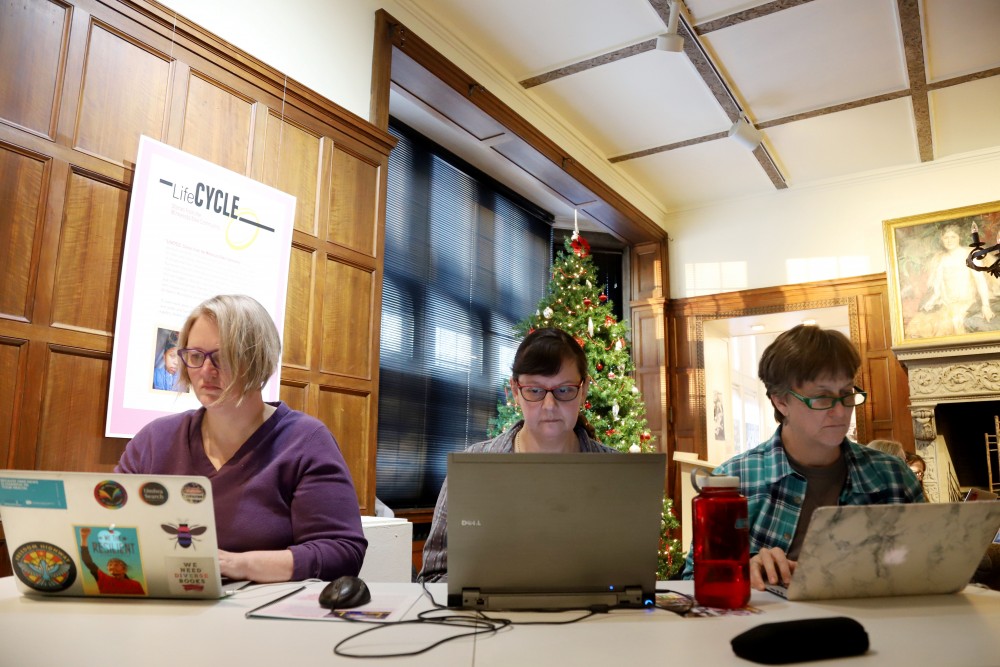With the passing of a city-wide plan last week, which University of Minnesota researchers influenced, the City of Minneapolis is preparing for change over the next 20 years.
Minneapolis 2040, a comprehension plan that outlines how the city will grow and change over the next 20 years, covers topics such as climate change, racial equity and affordable housing. The City used Mapping Prejudice, a project launched in 2016 by University faculty, to find and map housing deeds containing racist language in Hennepin County.
While Minneapolis is a leader nationwide in urban space and planning, the Twin Cities has one of the highest racial disparities in the country, said Kirsten Delegard, the director of Mapping Prejudice.

Although the language of the housing deeds that led to racial divides aren’t legally enforceable anymore, past racist actions include a deed barring the owner from selling the property to a person of color and redlining, a practice some banks use to limit or refuse loans and mortgages in certain areas. This often includes those of low-income or areas predominantly made up of people of color.
“[The research] is useful to [Minneapolis 2040] to show how so much of the city was off limits for most of the 20th century. It makes people think through what the repercussions of that are today … and try to figure out remedies,” Delegard said.
One of the goals when creating the plan was to examine Minneapolis’ history of segregation using the Mapping Prejudice work, according to Ward 3 Council member Steve Fletcher.
“Being aware of that history and … the ways that people from different demographics were historically excluded from home ownership or neighborhoods certainly informed our thinking on how to move forward with the plan,” Fletcher said.
Volunteers looking to participate in the project can work online using a step-by-step guide, or attend one of the project’s events.
Simran Chugani, a freshman who worked on the project as part of a class, said the process was easier than she expected.
“As college students, we don’t have a well rounded perspective of who the American dream helps, who it’s built for and who benefits from the narrative. I think this project really expanded my perspective on that,” Chugani said.
While University students may not purchase houses, the Minneapolis 2040 plan will create more housing options around campus, said University geography professor Bill Lindeke.
Even though racial covenants, like the deeds referenced in the research, are no longer in effect, they are relevant to the city today, he said.
“To me, they’re recognizing what happened in the past. They’re unconstitutional, but they still exist, and you can still look them up. It’s important for us as a society to acknowledge what we’ve done in the past to move forward,” Lindeke said.
Delegard said she was surprised by the number of people who have volunteered so far, which now totals over 2,000. With their help, the project should be finished by May of 2019.
“Part of what we’re trying to do with this project is … have a conversation that doesn’t rely on euphemism or evasion,” Delegard said. “The map provides this platform for people from all backgrounds and disciples … to connect to this particular topic and see the meaning of it.”








